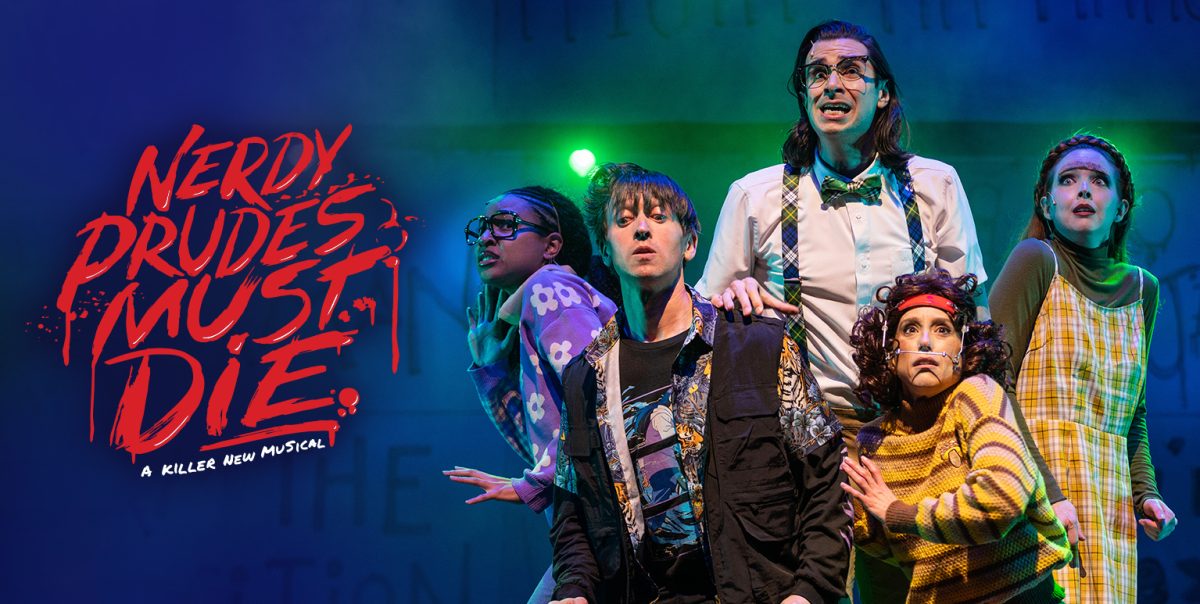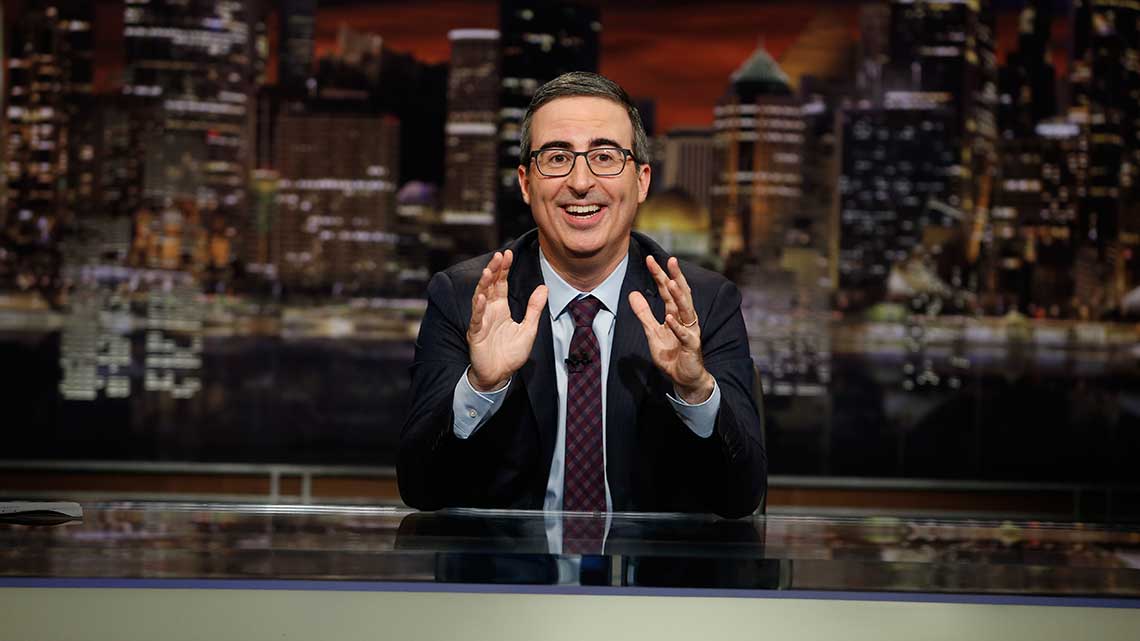
It seems like the best artists never receive the recognition they deserve in their own lifetimes. Van Gogh’s paintings didn’t make any money until after Van Gogh died. Patrice O’Neal, who died in November of last year, falls under this category. Fortunately, O’Neal left behind one last album, “Mr. P.” And like everything else O’Neal did, it’s hysterical. And it’s unprintable as well.
O’Neal, a stand-up comedian for 20 years, was never a household name while he was alive. He was a “comedian’s comedian,” the guy that made people like Louis C.K. and Ricky Gervais laugh. He made guest appearances on hit shows like “The Office” and “Arrested Development.” His many appearances on “Tough Crowd with Colin Quinn” proved that he didn’t need a stage or a script to crack people up. O’Neal wasn’t famous, but he really should have been.
So it’s sad that it took O’Neal’s death to bring his name and work into the public consciousness. “Mr. P” isn’t so much a swan song as a perfect example of the kind of brilliant material no one paid any attention to while its creator was alive.
“Mr. P” was recorded at the DC Improv, a small comedy club in Washington, D.C. The setting is perfect for O’Neal, who interacts with the audience in a way that’s simply impossible in a huge concert hall. In place of thousands of people cheering, you get a small group of people laughing continuously for an hour.
Some of the best bits on the album are the moments where O’Neal calls on his audience. During a routine about the police, O’Neal says he trusts police more than he used to because now he “owns sh*t.” O’Neal asks someone in the audience if they own anything. The response (“I own a car”) results in O’Neal angrily and hysterically explaining that a car doesn’t count. These unplanned, improvised episodes are where O’Neal really shines.
That said, his prepared material is just as good. O’Neal talks about everything: race, Obama, men and women, dogs. All of it is funny. Even in his material on women, which is misogynistic, O’Neal never loses the audience. He knows it’s misogynistic. But more importantly, his audience knows he’s just making a joke.
O’Neal often laughs at his own jokes throughout “Mr. P.” Rather than appearing cocky, this just adds to the O’Neal appeal. For a comedian who never shies away from the “issues,” O’Neal is surprisingly positive. O’Neal’s contemporary, Louis C.K., often deals with similar subjects but in a totally different manner. Where C.K. is filled with self-loathing, O’Neal is confident and unafraid to say whatever is on his mind.
Though he tackles serious issues, he does so in an absurd way. In one of the best segments on the album, O’Neal explains that he hates when police frisk him, because he knows that they might be having perverted thoughts. How does he know this? He knows it because he’s having perverted thoughts. O’Neal’s comedy isn’t based around the idea that he’s right and everyone else is wrong. Instead, it’s about how everyone’s wrong and won’t admit it.
“Mr. P” is O’Neal’s first and only comedy album. It’s likely that O’Neal’s greatest material will never be heard by the public at large. It doesn’t matter how big of a crowd comes to see you tell jokes if you don’t actually have any jokes (the recently divorced British gentleman who visited the Mullins Center last semester is a good example of this).
Since it’s his only album, “Mr. P” is what future generations will have to remember Patrice O’Neal by. This hour of material alone is enough to ensure that O’Neal will be ranked alongside names like Pryor and Carlin in the comedy hall of fame.
Danny Marchant can be reached at [email protected].












